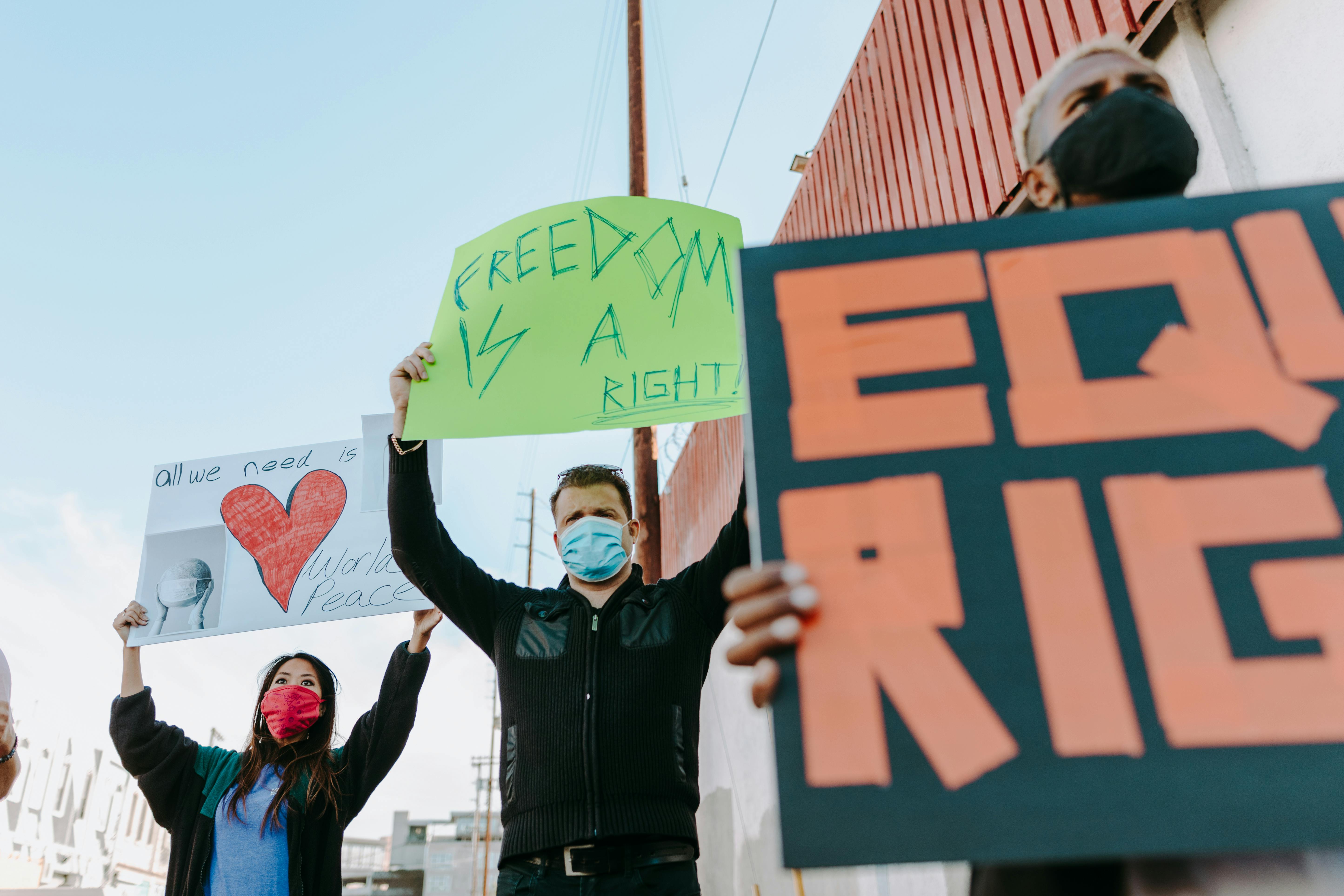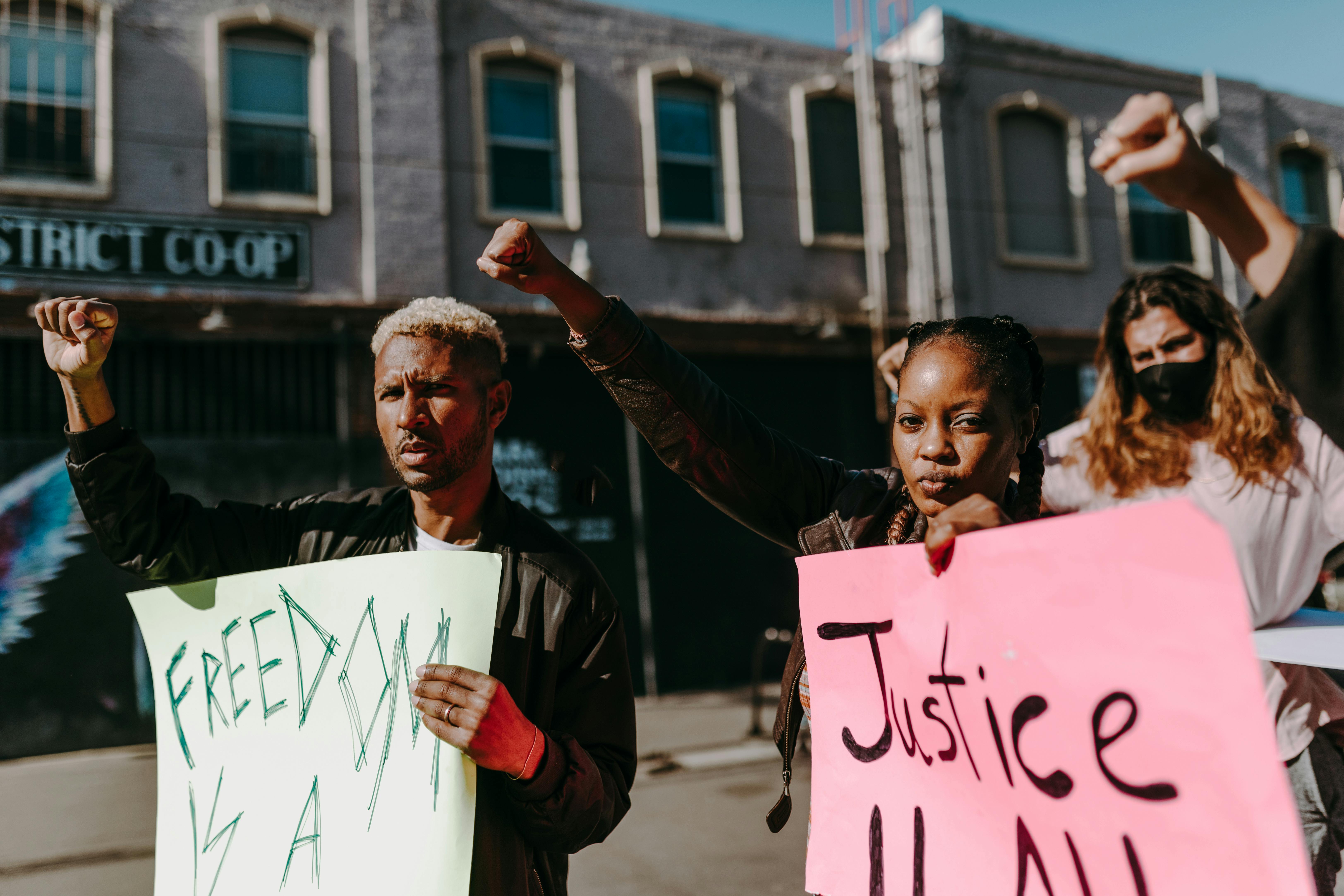As Churchill himself has written in his memoirs, the years of his childhood and youth – up to the age of 18 – were the worst of his life. They form, he wrote, “a bleak road on the map of my journey, and they were an endless spell of worry, a time of discomfort, restriction, and purposeless monotony.”
Young Churchill went to school at the age of seven – in 1881 – as an intern. The school environment was one of extreme cruelty, as was typical of elite English schools at the time. His first traumatic experience was with a Latin teacher. When he asked why it was necessary to say “Oh table!” In Latin, as we never went to the stage, the teacher replied that: “if you are impertinent, they will punish you severely.”
That threat came true many times and with great cruelty: Churchill was beaten often. The situation was so unbearable that he began to stutter and developed health problems. Then his parents sent him to another school, but the damage was done. The new school was just as unbearable. Churchill was unwilling to study and failed his exams over and over again. His biographers say he was essentially “on strike” at the school for 12 years. He also formed few friends. When he finished school in 1892, at age 18, he was “profoundly ignorant,” as he later put it.
Therefore, it was natural that her relationships with her father, Lord Randolph Churchill, ranged from poor to non-existent. Senior Churchill had high expectations for his son and condemned him for his poor performance as a student, calling him incompetent and a failure. Whenever he dared to approach him, the son said in his recollections, he made young Winston feel frozen “in stone.”
After finishing his studies, in 1892, Churchill took the entrance exams to the Royal British Military Academy. His father had decided that he was only fit for the military. But he failed the exams. The following year, Churchill took the exams again and passed them. But having entered with a poor academic record, he was placed in the cavalry, not in the infantry where the best students were assigned. The cavalry cadets had to buy their own horses; horses were expensive and Churchill’s father did not have enough money to buy one. Then, his father was furious at this expense and lashed out: “If you continue down that road,” he wrote, “you will end up in zero.”
But the situation soon changed. In 1895, at the age of 21, he graduated from the Academy and was made an officer. From now on, his biographers say, Churchill was “like a coiled spring suddenly released.” In 1896, while peace reigned throughout Europe, Churchill found a way to do what he most wanted to do, go to war, and for this he went to India. There, overwhelmed by the desire to learn, he began to study furiously: Plato, Darwin, Schopenhauer and many others. He also began to write.
In 1897 Churchill returned to England, then left in 1898 to participate in an expedition to the Sudan. In the same period, his mother, who had previously shown little interest in him, finally came into his life. She gave him money and introduced him to London’s high society, where he had various connections. As a result, Churchill was now present wherever something important happened and, more importantly, he managed with his mother’s connections to be sent to all the places where a war was raging.
In the same period (1895-1899), Churchill discovered that he had another talent besides fighting: literature. His literary prowess would soon make him famous and he would make huge profits; later it would bring him the Nobel Prize for Literature. Churchill started out as a reporter and was a war correspondent to Cuba in 1895 (army officers were not yet prohibited from writing for newspapers). The items he shipped from Cuba were especially successful, and his income increased steadily.
In 1897 he began to write books. His first book, on military history, received favorable reviews for the elegant descriptions of the battles it contained. His next book – also on military subjects – was equally successful. The main benefit Churchill gained from these publications was that they brought him to the attention of the most powerful statesmen in England. Ministers and deputy ministers, including finally the prime minister himself, sought him out.
Churchill later discovered that he had a third talent, politics, a talent that would give him a bright future. In 1899, he left the army and became a Conservative candidate for Parliament, representing a small constituency of workers (constituency). But his time had not yet come and he lost the election. Success, however, awaited him that same year in another area: war. In late 1899, Churchill became a national hero. The opportunity came with the Boer War that broke out that year in South Africa. Although he had resigned from the army, Churchill was quick to go to war and was one of the first to arrive on the scene, as a war correspondent.
However, things were not going well for the English: there was defeat after defeat and an oppressive psychological climate had begun to prevail. But then news spread of an incident in which Churchill was the protagonist and turned everything around. In a battle that was going badly for the English, the young ex-army officer resumed the leadership of the fighting force, amid the general confusion, saving them from some capture: he loaded the wounded into the locomotive of a train and took them out to safety. He also tried to free the other prisoners on the train, but was taken prisoner himself. However, he soon managed to escape from a prison camp in the enemy’s capital. After wandering for several days in unfamiliar territory and not understanding a word of the language, he finally arrived, hidden in a train loaded with coal, in neutral Mozambique.
That heroic achievement convulsed England. Churchill became a national hero and the government honorably restored him to the ranks of the army. As an officer now, Churchill returned to South Africa, where he continued his military exploits. In 1900 he led an invasion of the capital, Pretoria, and freed all the English prisoners from the prison camp. All England was now talking about Churchill.
By the end of the same year, it became clear that the war would end victoriously for the English – and the government, wanting to take advantage of the jubilant atmosphere, proclaimed a general election. Also taking advantage of the glory he had achieved, Churchill again resigned from the army and declared his candidacy for Parliament in the same constituency that he had previously tried to represent. This time he was elected Member of Parliament by an overwhelming margin. He was only 26 years old. From that moment on, Churchill’s political career took off, a career that would culminate in his assumption of the highest political office in the country.
From 1901 to 1904, Churchill served in Parliament, and in 1906, he was appointed undersecretary for the colonies, at the age of 32. Two years later, he became president of the Board of Commerce (state economy minister). Before long, he had had a meteoric career. In 1908, he was also elected a Member of Parliament, and in 1911, Prime Minister Asquith appointed Churchill as First Lord of the Admiralty, at a time when World War I was imminent. Churchill spent the next two years (1912 and 1913) in that position. In 1916, Prime Minister Lloyd George took him back to the government.
In 1924, Churchill was reelected Member of Parliament, and Prime Minister Stanley Baldwin granted him a ministerial post immediately after the elections: he was appointed Chancellor of the Exchequer, where he spent five years (1925-1929). During those years, Churchill also took care of his other great love: literature. He wrote his renowned five-volume World Crisis A History of World War I, which was immediately recognized as a marvelous achievement and paid enormously for him.
In 1930, Churchill left his post in the government and kept only his parliamentary position, which he held for the next nine years. A new life, full of social pleasures and envied by all, was now beginning for him. First, with the money he had earned from his book, he bought a luxurious mansion in London, where he was preoccupied with the garden, the goldfish, the exotic butterflies, and the painting. The mansion resonated every night with the sound of visitors – politicians, writers and others – who listened respectfully until late at night. Churchill began smoking expensive Havana cigars – which later became his trademark – and drinking fine spirits and wines.
In this period, Churchill continued his involvement with his great love, literature. At first he wrote newspaper articles on international politics – articles that were also published in other countries – and he was well paid for them. He also produced a colossal work, the four-volume biography of his ancestor, Marlborough. As soon as that study was completed, he began to write the History of the English-Speaking Peoples.
Churchill was also a politician, of course, and he couldn’t forget it. In Parliament during that season he made some of his most famous speeches, and they all listened to him with courtesy and admiration. His speeches were mainly warning. He saw the Second World War approaching (as he later called it) and believed that England was not ready to face it. He was warning his fellow citizens to arm themselves. Initially, they were unable to see the threat it perceived from Nazi Germany. So when war finally broke out in 1939, England was caught off guard. Churchill, the prophet, the great man, the only one who could save them, was back in favor. On September 3, 1939, Prime Minister Neville Chamberlain invited Churchill to join the government. Churchill resumed his old post as First Lord of the Admiralty.
Soon, the situation became increasingly precarious. Chamberlain was forced to resign and later died. And then came the turning point: On May 10, 1940, Parliament appointed Churchill, then 66, prime minister. He had become the most powerful person in England. He ruled everything, wrote later in his memoirs, and “had the authority to give instructions on the whole scene.”
Conclution
Churchill’s alternations of the seasons of his life reveal that being a failure in school does not necessarily mean that you will continue as a failure throughout your life. Churchill failed his exams in school over and over again, and when he finished school, he was “profoundly ignorant,” as he later put it. And when he took the entrance exams to the Royal British Military Academy, he also failed. His father wrote to him: “If you continue down that path, you will end up in zero.” But he did not end with a zero: after a successful career as a politician, he became the most powerful person in England, Prime Minister.




